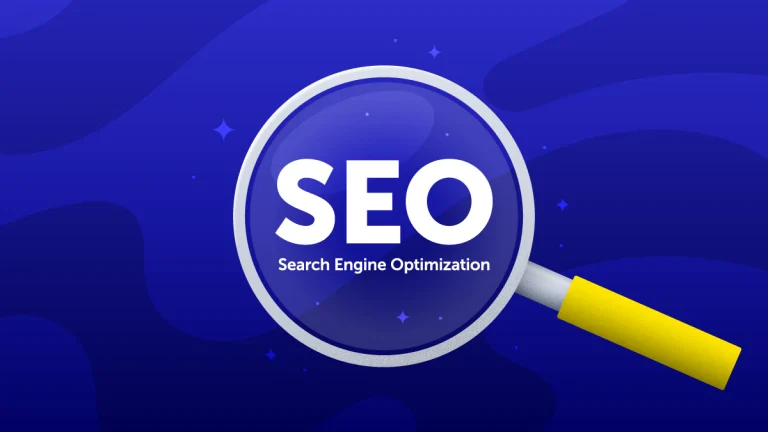SEO, or search engine optimization, is an umbrella term used to describe any effort made to improve your search engine exposure. By optimizing your website’s content and code, as well as the on-page and off-page factors that can influence where it ranks in the search results, you can increase both the visibility of your site and its traffic volume. While this might seem like another layer of work you have to add to your daily tasks, it can be easy and cost-effective if you know what you’re doing.
The three pillars of SEO
On-page optimization, off-page optimization, and link building: On-page optimization refers to modifying your site’s content to make it more search engine–friendly. Optimizing on-page elements like your title tags, headers, body copy, images—in other words: making sure your website looks good to a search engine. Off-page optimization refers to techniques that help bring links back to your site. Link building is no longer about getting as many incoming links as possible; it’s about choosing which sites you get links from based on their authority in your industry or niche (known as domain authority).
Why you need an SEO company in Sydney?
The problem with SEO is that it’s very hard to get right. There are a number of components that go into a successful SEO Sydney strategy, from backlinks to keyword optimization to finding ways to create content that is both useful and relevant. And if you’re just starting out in business or simply don’t have much experience when it comes to creating content online, your best bet might be working with an SEO company instead.
Strengthening your brand
Branding is all about strengthening your company’s image. In order to do that, you must first know what your brand means. There are many factors to consider when defining your brand, including mission statement, overall vision, target audience and goals. Once you determine who you want to reach with your business—and how you want them to perceive it—you can tailor a brand voice that speaks directly to those people.
Working with Google My Business (GMB)
One thing to keep in mind is that, while you should absolutely have a GMB listing if your business has a physical location, Google doesn’t require you to do any additional work beyond filling out basic information (street address, phone number, hours). You can also get on people’s radar by adding a link to your Google+ page or website on your GMB page. Once that’s done, however, it’s important to be strategic about how you use these listings; after all, there are a lot of details behind what makes up high-quality SEO—and many businesses fail when they try and take shortcuts.

















